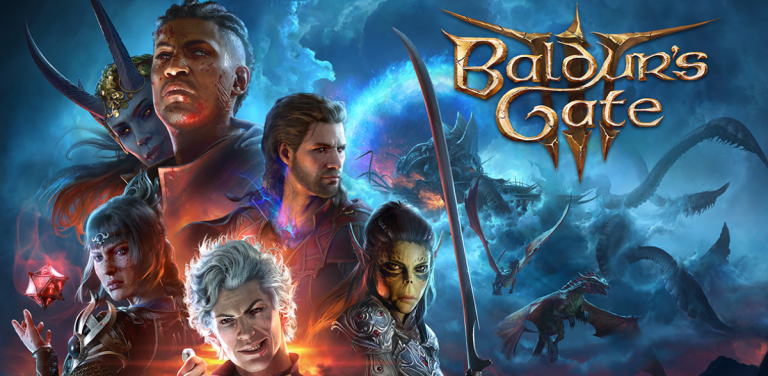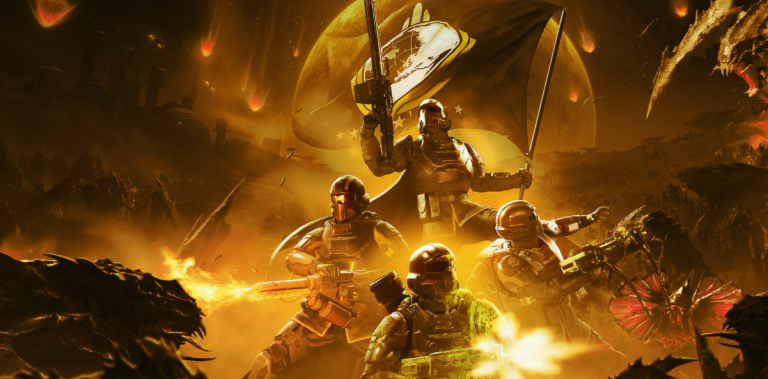
One sleepless night, I opened Hades II again—just to kill 15 minutes, or so I told myself. But the minutes stretched into hours, and before I knew it, I was watching the sun rise, still locked in a dance of death and rebirth under the moonlit shadow of Hecate. It was both familiar and new. You think you’ve played games like this before—until it punches harder than the last boss in your real life.
This time, the spotlight shifts to Melinoë, daughter of Hades. She’s not trying to escape the Underworld like her brother Zagreus did; she’s diving deeper into it, blade drawn, aiming straight for Chronos himself. Sounds like the premise of a high-school mythology fanfic, but Hades II makes it feel sacred, almost inevitable. You believe in her mission. You want to believe. And somehow, without noticing, you’re right there beside her—dying, learning, returning.
The first time I sparred with Hecate, I felt like a lost puppy dropped into a Greek fever dream. The pace was relentless, like trying to cook dinner while someone keeps moving your stove. I died a lot. But with each failure came a fragment of progress: a new incantation, a whispered blessing, a glimpse into someone’s past. It mirrors real life more than we care to admit—progress dressed up as defeat.
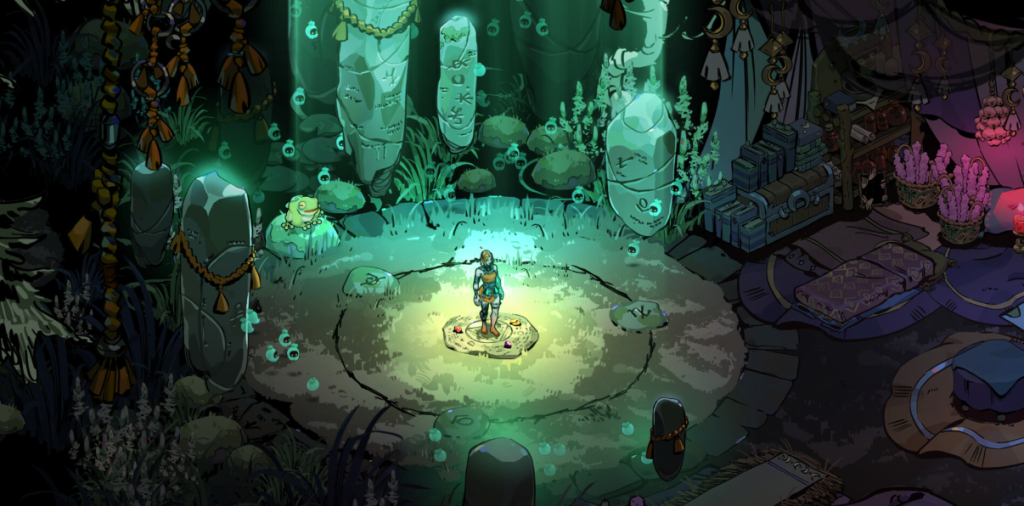
Magic takes center stage in this sequel, and it’s not just flashy effects. You can trap enemies, throw down firewalls, and channel celestial light like a rogue arcanist with a personal grudge. I used to button-mash spells like a kid playing with fireworks. But eventually, I learned to curate my build—prioritizing lunar boons, stacking burn effects—and suddenly, I wasn’t flailing anymore. I was burning them down.
What really hooked me, though, wasn’t the fighting. It was the talking.
No joke—this might be the only roguelike where I look forward to dying, just to get back and hear what Hecate has to say. Her relationship with Melinoë is somewhere between mentor and mother, tender and tough. Apollo’s every word drips with golden vanity, while Selene whispers like the moon itself is telling you bedtime stories. Even Pan, the ultimate flirt, hides wisdom in his smirks. The writing makes the world feel lived-in, like these gods have waited centuries for someone to listen.
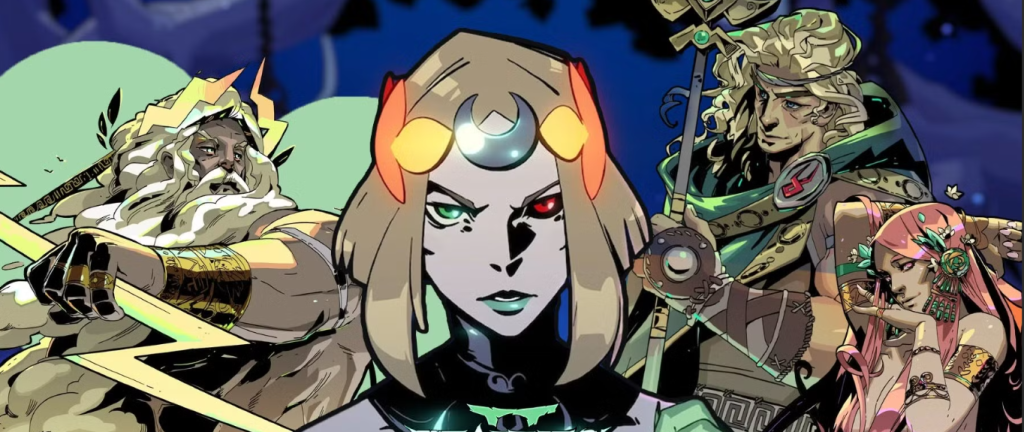
A friend of mine—who swears off fast-paced games—got totally hypnotized just watching me play a moon-magic run. She said the music reminded her of dreams she had when she was six, sitting at the piano late at night. I don’t fully get it, but I felt it. That’s the kind of quiet power Hades II has. It doesn’t shout at you. It just… lingers.
Sure, the game’s not perfect. It’s still in early access, and after a few dozen runs, the map layout gets a bit repetitive. Some nights it feels less like a heroic saga and more like a shift at a mythical diner—same rooms, same monsters, just trying to make it to the next break. But maybe that’s the point. Not everything needs to be epic. Sometimes you just show up, get better, and try again.
People keep asking me, “Is Hades II worth playing now?” And honestly, I don’t think the right question is about value. It’s about what it gives you. For me, it offers a way to fight the unseen bosses in real life—stress, burnout, self-doubt. And every time Melinoë channels her power, every time she rises from a fall, I remember that it’s okay to fail. The gods haven’t given up on me yet.
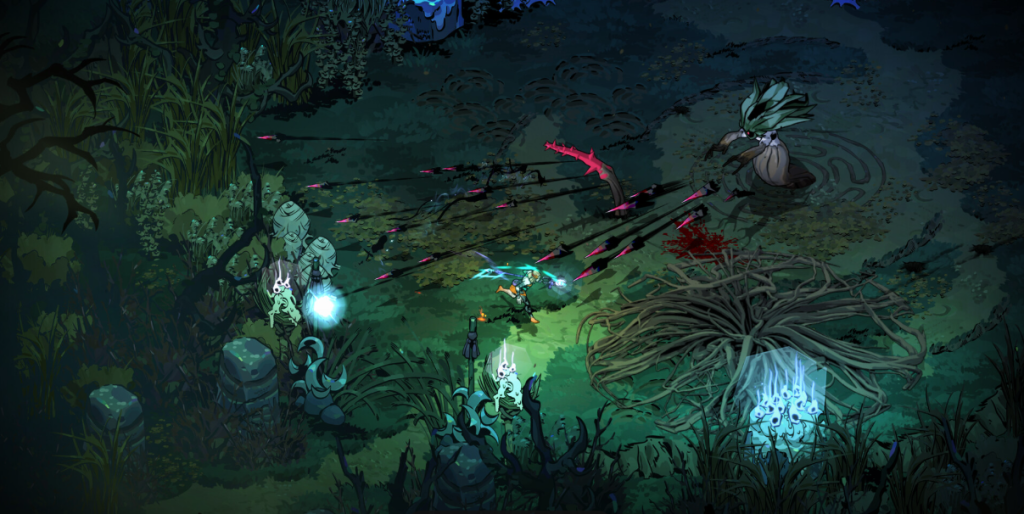
And so, even on the most exhausting days, I still find myself returning to the Underworld—not to escape, but to remind myself: some battles are worth fighting over and over again.
![]()

